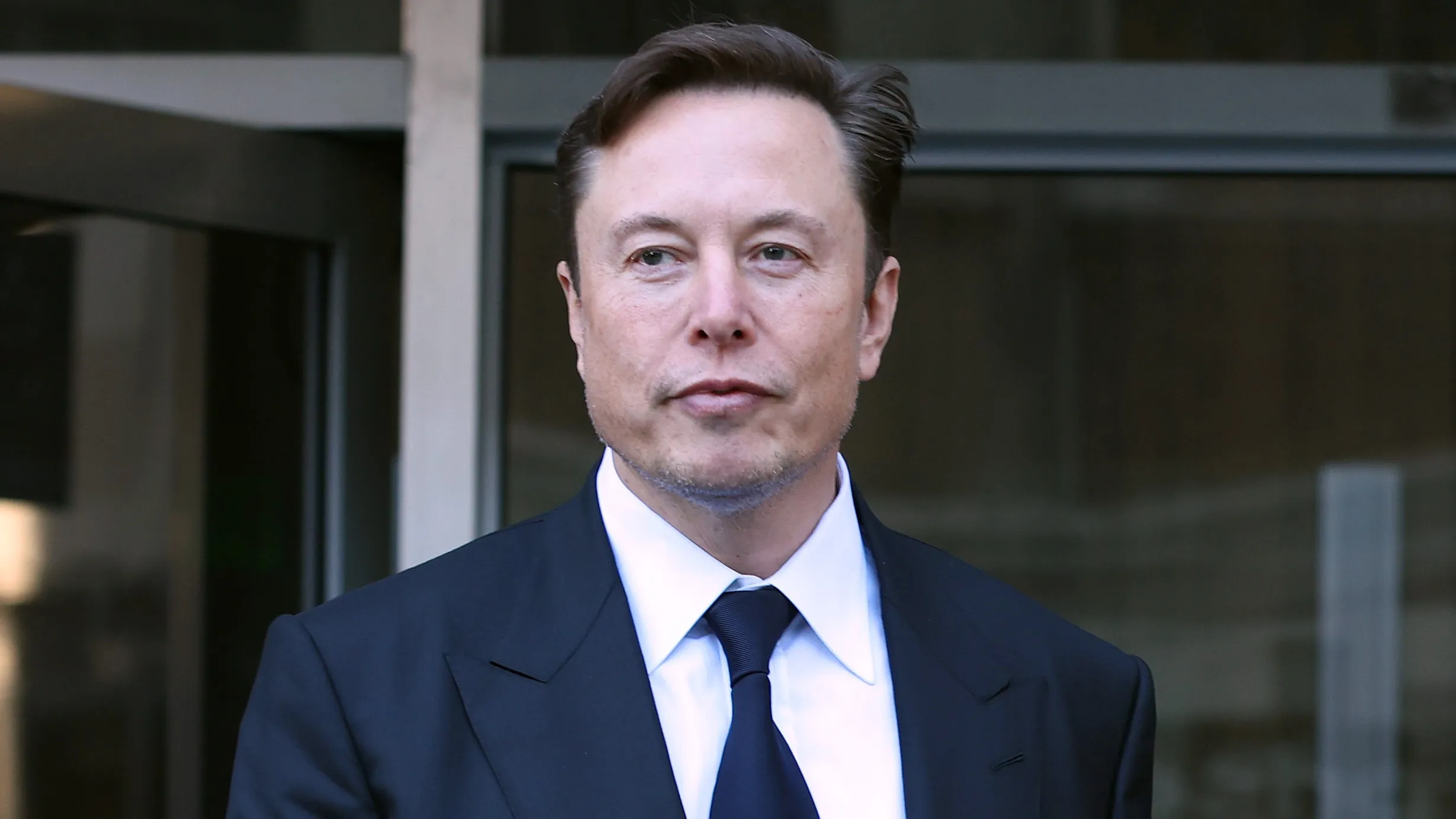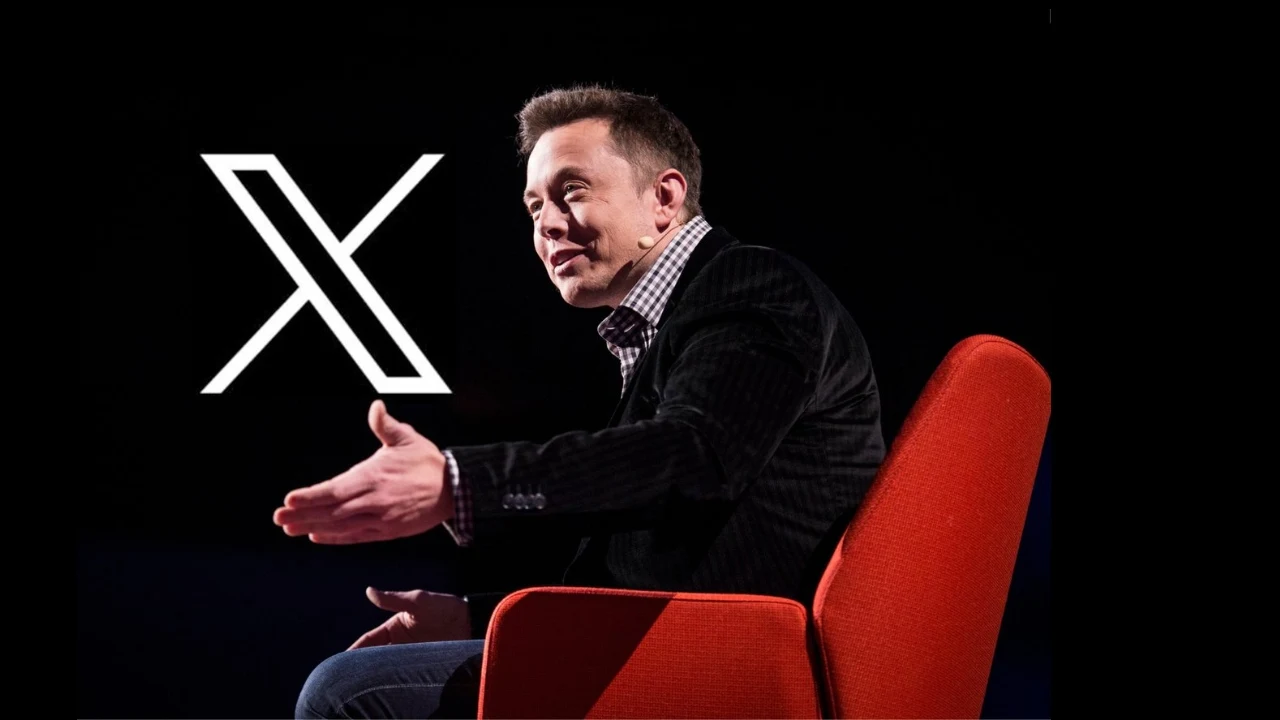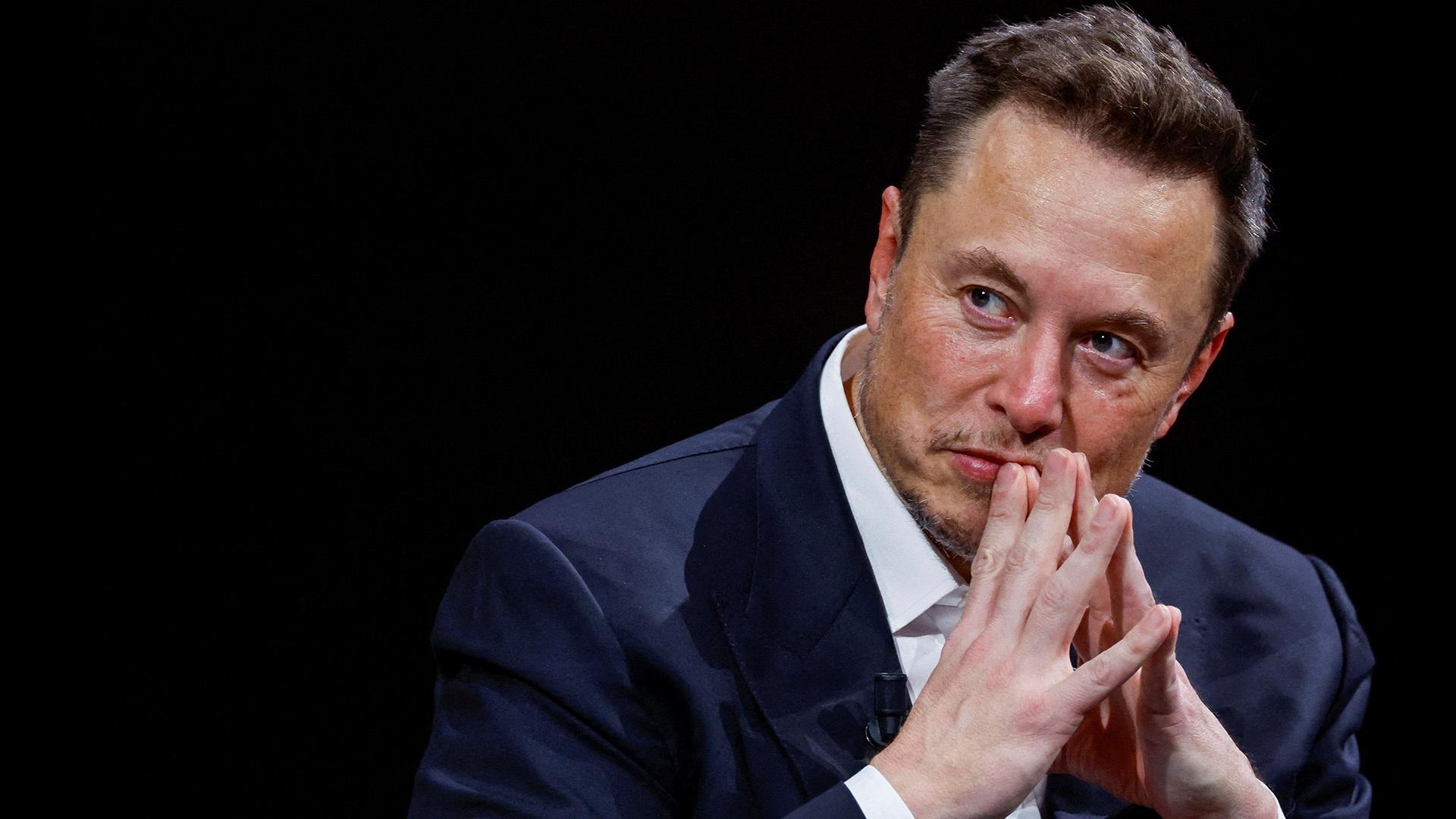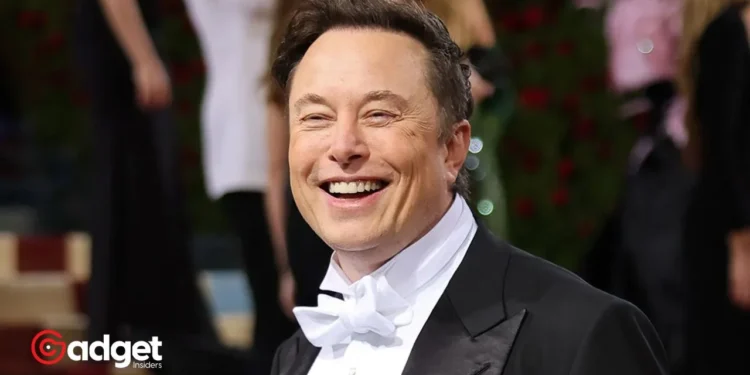In a riveting discussion that reverberates through the corridors of free speech and censorship debates, Elon Musk, the enigmatic leader behind Tesla, SpaceX, and the social media platform X, once again captured the world’s attention. His recent conversation with Don Lemon, a dialogue marked by its frankness and the spotlight on contentious issues, offers a multifaceted look into the principles guiding X and Elon Musk’s visionary projects that intertwine automotive and aerospace technology.
The Heart of the Matter: Free Speech vs. Hate Speech
During an interview that unfolded on the digital stage of X, Elon Musk and Lemon delved into the complex arena of social media moderation, with Lemon confronting Elon Musk with examples of antisemitic and racist content that remained active on X.
Elon Musk’s retort, “Moderation is a propaganda word for censorship,” encapsulates his stance on the matter. The tech mogul articulated a policy where content is excised from X solely on the grounds of illegality, sparking a debate on the fine line between free expression and the perpetuation of hate speech.

Elon Musk’s counter-question to Lemon, “So, Don, you love censorship, is what you’re saying?” underscores a challenging discourse on the balance between moderation and censorship.
This exchange not only highlights Elon Musk’s unwavering commitment to what he perceives as the right to free speech but also ignites conversations on the responsibilities of social media platforms in regulating content.
The Algorithmic Veil: Transparency and Responsibility
Elon Musk vehemently denied any endorsement of hate speech by the platform, emphasizing, “If content is on the platform, that doesn’t mean we promote it.”
His defense sheds light on the underlying algorithms that control the appearance of content on X, pointing to the necessity of transparency and the introduction of measures such as community notes that are aimed at combatting disinformation.
Nevertheless, Musk’s annoyance during the interview, which was caused by what he considered to be “inappropriate questions,” and his sidestep on the more general subject of his obligation as the owner of X, illustrate the complexities and obstacles that are present at the junction of technology, law, and ethics.

Beyond Controversy: A Glimpse into Future Innovation
Amidst the storm of controversy, Elon Musk tantalized tech enthusiasts and car aficionados alike with hints of a groundbreaking collaboration between Tesla and SpaceX.
The prospect of a next-generation Roadster, infused with “rocket technology,” hints at a future where the boundaries between automotive and aerospace innovations blur, promising an “experience that’s not even really a car.”
This visionary project, much like Elon Musk’s stance on free speech, underscores a relentless pursuit of innovation and the redefinition of existing paradigms, be it in the realm of social media or technology at large.
Elon Musk on Why Hate Speech Won't Be Removed From X: "We Delete Things if They Are Illegal" https://t.co/Wrw2kGiR7X
— The Hollywood Reporter (@THR) March 18, 2024
Navigating the Future with Elon Musk at the Helm
Elon Musk’s conversation with Don Lemon on X brings to the forefront the critical and ongoing debate surrounding free speech, moderation, and the role of social media platforms in regulating content.
While Elon Musk’s policies and statements spark controversy, they also invite a broader discussion on the implications for society and the nature of public discourse in the digital age.
Simultaneously, Musk’s hints at a Tesla-SpaceX fusion for the next Roadster inject a sense of anticipation and excitement, offering a glimpse into the potential for revolutionary advancements that transcend traditional industry boundaries.

As the world watches, the dialogue between Elon Musk and Don Lemon serves as a poignant reminder of the enduring challenges and transformative possibilities that lie at the heart of our digital and technological landscapes.









